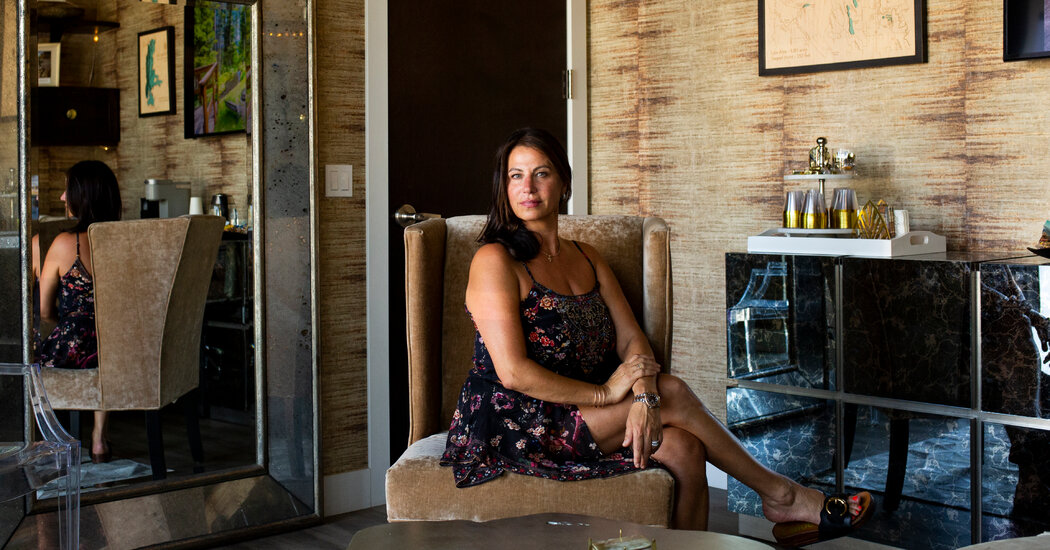
The Anti-Defamation League, the Southern Poverty Law Center and the Secure Community Network, the official safety and security organization of the North American Jewish community, advised residents on what to do.
As a result, Ms. Gersh did not speak publicly about her ordeal at the time. Rabbi Roston kept a low profile, discouraging coverage in the Jewish news media to protect the congregation and avoid giving attackers the attention they craved. The congregation did not cancel its Hanukkah party in December 2016 but moved it from the rabbi’s home to the conference room of a motel, with two armed security guards at the door. On each table, the rabbi placed a pile of supportive letters that had arrived from around the nation.
Volunteers distributed thousands of paper menorahs. “There were menorahs in every window in Whitefish,” Ms. Gersh said. An anti-hate rally drew 600 participants in zero-degree weather. On the eve of the neo-Nazi march, Rabbi Roston organized a chicken and matzo ball soup get-together for 350 people at the middle school in Whitefish, in a demonstration of unity and appreciation.
On Martin Luther King’s Birthday — Monday, Jan. 16 — not a single neo-Nazi turned up to march. “We could say they chickened out,” Rabbi Roston joked.
In April, Ms. Gersh, represented by the Southern Poverty Law Center, filed suit against Mr. Anglin for invasion of privacy, intentional infliction of emotional distress and violations of Montana’s Anti-Intimidation Act. In 2019, she won $14 million in damages. A team of lawyers is still searching for Mr. Anglin and his assets.
The trial in the Charlottesville case, Sines v. Kessler, begins on Oct. 25. A group of victims and counterprotesters filed suit against Mr. Anglin as well as Mr. Spencer, along with nearly two dozen people and groups involved in the “Unite the Right” rally, after a neo-Nazi at the Charlottesville march plowed his car into a crowd of counterprotesters, killing Heather Heyer, 32, and injuring at least 19 others.



